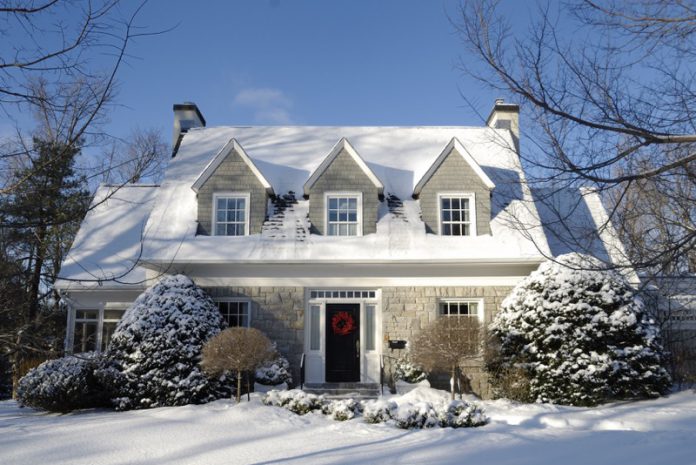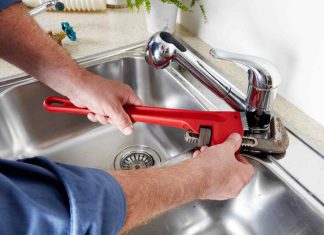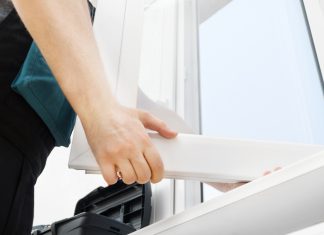When the temperature drops and the snow begins to fall, your home becomes prone to the elements which can cause damage, ultimately costing you time and money. With the winter season upon us, it’s time to winterize your home, protect your property, and prepare for the cold weather ahead. Following the right steps to thoroughly winterize your home can save you money from heating bills and unexpected repairs. Here are 10 great tips to protect your home from winter’s wrath.
Protect the Pipes
When the temperature drops below freezing, your plumbing and pipes become susceptible to freezing which can cause them to burst. To protect your pipes, you should insulate them with insulation fittings or pipe wraps. Property experts Utopia Management shared with us that protecting pipes is one of the least expensive measures you can take to avoid damage and expensive repairs.
Prepare Your Roof
Possibly one of the most important tasks of winterizing your home is preparing the roof. Snow, ice, rain, and high winds can do a number on your roof. Before winter starts, it’s crucial to inspect the roof for damage, clear accumulated debris, cut any overhanging tree branches, and install snow guards if necessary. Now is the time to also check ceilings for any roof leakages that you can fix and prevent from becoming worse during the season.
Seal the Cracks
Openings around doors, windows, and air conditioning units can allow the cold air to seep in. To keep the cold out and the warm air in, make sure to caulk holes or openings in your home or use weather stripping and door sweeps. Not only will your home stay warm and toasty but it can help reduce your power bills.
Check Your Fireplace
Animal nests, debris, and other build-up can be extremely hazardous to a wood-burning fireplace. Ensure your chimney is thoroughly cleaned before you use it this winter. Check out FEMA’s chimney preparation guide for a thorough list safety measures.
Clean the Gutters
The fall season can leave you with a lot of leaves and debris in your gutters which can cause blockage when snow begins to accumulate during winter. It’s important to prevent ice building up and clogging your gutters by removing all the remnants of autumn before the first snow fall. Clean gutters will also allow melting snow to drain properly.
Prevent Slips and Falls
When the temperature drops and everything begins to freeze over, it can turn your driveway, walkways, and steps into a slippery danger zone. Keep your sidewalks and driveways free of snow and ice to prevent slips and falls which may cause accidental death and dismemberment. Ensure you and your family are safe. You can also be prepared by keeping deicing salt on hand for sprinkling on areas that get icy.
Install a Programmable Thermostat
In the winter, it’s recommended to keep your thermostat between 65 and 68 degrees when you’re at home and lower it a few degrees while you’re out or asleep. Switching to a programmable thermostat can help you customize your heating so it’s more efficient and comfortable while also lowering your bills. The Nest thermostat is arguably the most popular, though there are other brands available.
Store Your Outdoor Belongings
Cold temperatures as well as snow and ice can damage your outdoor furniture, grills, and equipment. Before the first snowfall you should store them away in a garage, basement, or shed. Make sure to disconnect your propane tank from your gas grill, close the valve and store the tank outside. If you don’t have the space it’s important to get covers to protect them from the elements.
Service Your Heating System
A dirty furnace filter can obstruct airflow and make your furnace run longer which can increase your power bills. To ensure your furnace is running efficiently replace your old filters and get it serviced to make sure it’s working properly.












